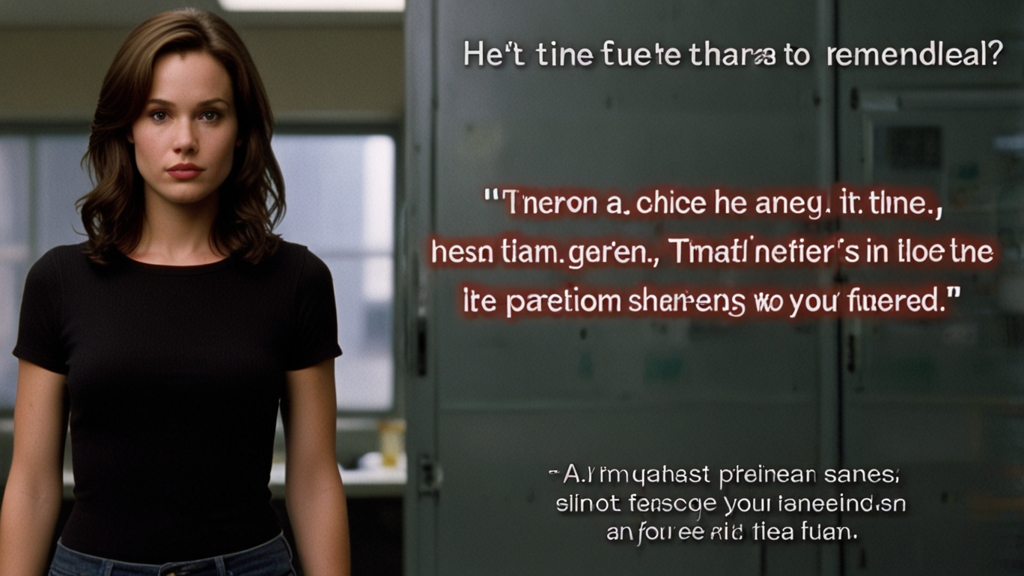Become a Riddle Connoisseur: Explore the Best of the Best
Riddles have been a part of human culture for centuries, entertaining and challenging minds across the globe. They are more than just playful brain teasers; they hold the essence of creativity, critical thinking, and cultural history. If you're looking to become a riddle connoisseur, you've come to the right place. Let's dive into the world of riddles, exploring the most evocative and stimulating examples.
The Charm of Riddles
Riddles are not simply puzzles meant to stump the listener. They are a form of art, blending wit with language. Here are some reasons why riddles hold such significant charm:
1. Mental Stimulation: Riddles require us to think outside the box and challenge our cognitive abilities. They push us to see things from different perspectives. This mental exercise can enhance memory, improve problem-solving skills, and keep the mind agile.
2. Cultural Expressions: Riddles often encapsulate the values, humor, and wisdom of different cultures. They can provide unique insights into the way people from different societies view the world.
3. Social Connection: Sharing riddles can be a fun social activity. It encourages dialogue, laughter, and collective brainstorming, which can strengthen bonds between people.
Classic Riddles: The Test of Time
Some riddles are so well-crafted that they have withstood the test of time and are still widely appreciated today. Here are a few classic examples:
What has to be broken before you can use it?
Answer: An egg.
I speak without a mouth and hear without ears. I have no body, but I come alive with wind. What am I?
Answer: An echo.
These riddles, while short and seemingly simple, have a depth that continues to intrigue and entertain people of all ages.
Modern Riddles: A Contemporary Twist
As society evolves, so do the riddles. Modern riddles often reflect contemporary life and can sometimes be tech-savvy or incorporate elements of modern culture.
I have keys but no locks. I have space but no room. You can enter, but you can't go outside. What am I?
Answer: A keyboard.
This riddle plays on the dual meanings of words and leverages our familiarity with technology to challenge our thinking. Modern riddles can be just as captivating as their classic counterparts, if not more so due to their relevance to our daily lives.
Creating Your Own Riddles
Becoming a riddle connoisseur isn't just about solving them; it's also about creating your own. Crafting a riddle requires an understanding of language, ambiguity, and the delicate balance between too obvious and too obscure. Here are some tips:
1. Choose a Theme: Start with a theme or object that interests you. This could be anything from nature to technology.
2. Play with Words: Use puns, double meanings, and homophones to create layers of meaning. This adds depth and complexity to your riddle.
3. Test and Refine: Share your riddle with friends and see how they respond. If it's too easy or too difficult, tweak it until you find the perfect balance.
Here’s an example of a homemade riddle:
I'm light as a feather, yet the strongest man can't hold me for much longer than a minute. What am I?
Answer: Breath.
Conclusion
Becoming a riddle connoisseur is a rewarding journey that enhances your mental acuity and connects you with a broad tapestry of human culture. Whether you're exploring classic riddles, enjoying modern twists, or creating your own, there's always something new to discover in the world of riddles. So dive in, challenge your mind, and enjoy the endless fun that riddles have to offer.











